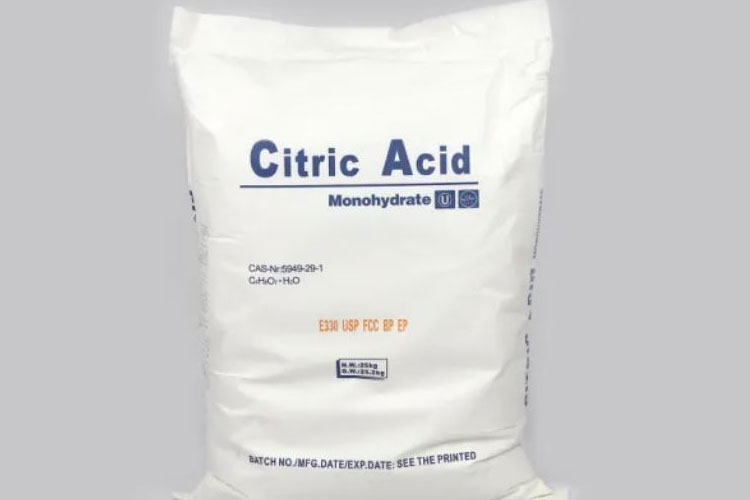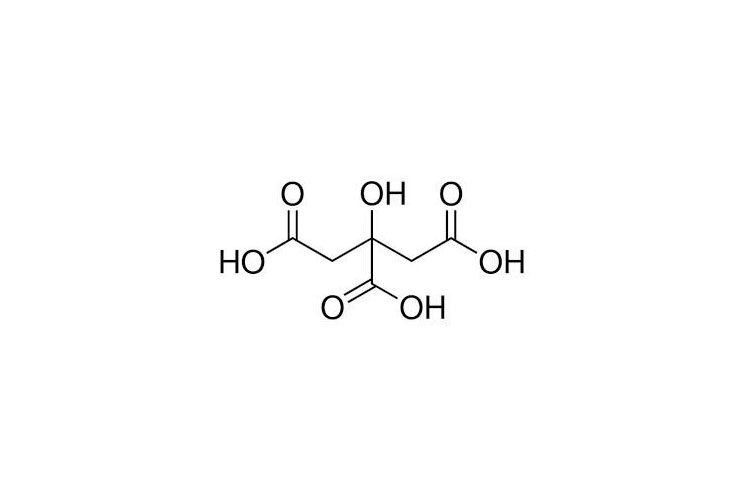Citric acid
Citric acid
The dominant use of citric acid is as a flavoring and preservative in food and beverages , especially soft drinks.
Citric acid can be added to ice cream as an emulsifying agent to keep fats from separating, to caramel to prevent sucrose crystallization, or in recipes in place of fresh lemon juice. Citric acid is also often used in cleaning products and sodas or fizzy drinks.
Citric acid sold in a dry powdered form is commonly sold in markets and groceries as 'sour salt', due to its physical resemblance to table salt. It has use in culinary applications where an acid is needed for either its chemical properties or for its sour flavor, but a dry ingredient is needed and additional flavors are unwanted (e.g., instead of vinegar or lemon juice).
Citric acid is an excellent chelating agent, binding metals. It is used to remove limescale from boilers and evaporators.[8] It can be used to soften water, which makes it useful in soaps and laundry detergents. By chelating the metals in hard water
Citric acid can be used in shampoo to wash out wax and coloring from the hair.
Citric acid is widely used as a pH adjusting agent in creams and gels of all kinds. In this role, it is classified in most jurisdictions as a processing aid and so does not need to be listed on ingredient lists.
Citric acid is an alpha hydroxy acid and used as an active ingredient in chemical peels.
Citric acid is commonly used as a buffer to increase the solubility of brown heroin
Citric acid is used as one of the active ingredients in the production of antiviral tissues.[15]
Citric acid can be used in food coloring to balance the pH level of a normally basic dye. It is used as an odorless alternative to white vinegar for home dyeing with acid dyes.
Citric acid can be used as a successful alternative to nitric acid in passivation of stainless steel.[16]
Citric acid can be used as a lower-odor stop bath as part of the process for developing photographic film
.png)

